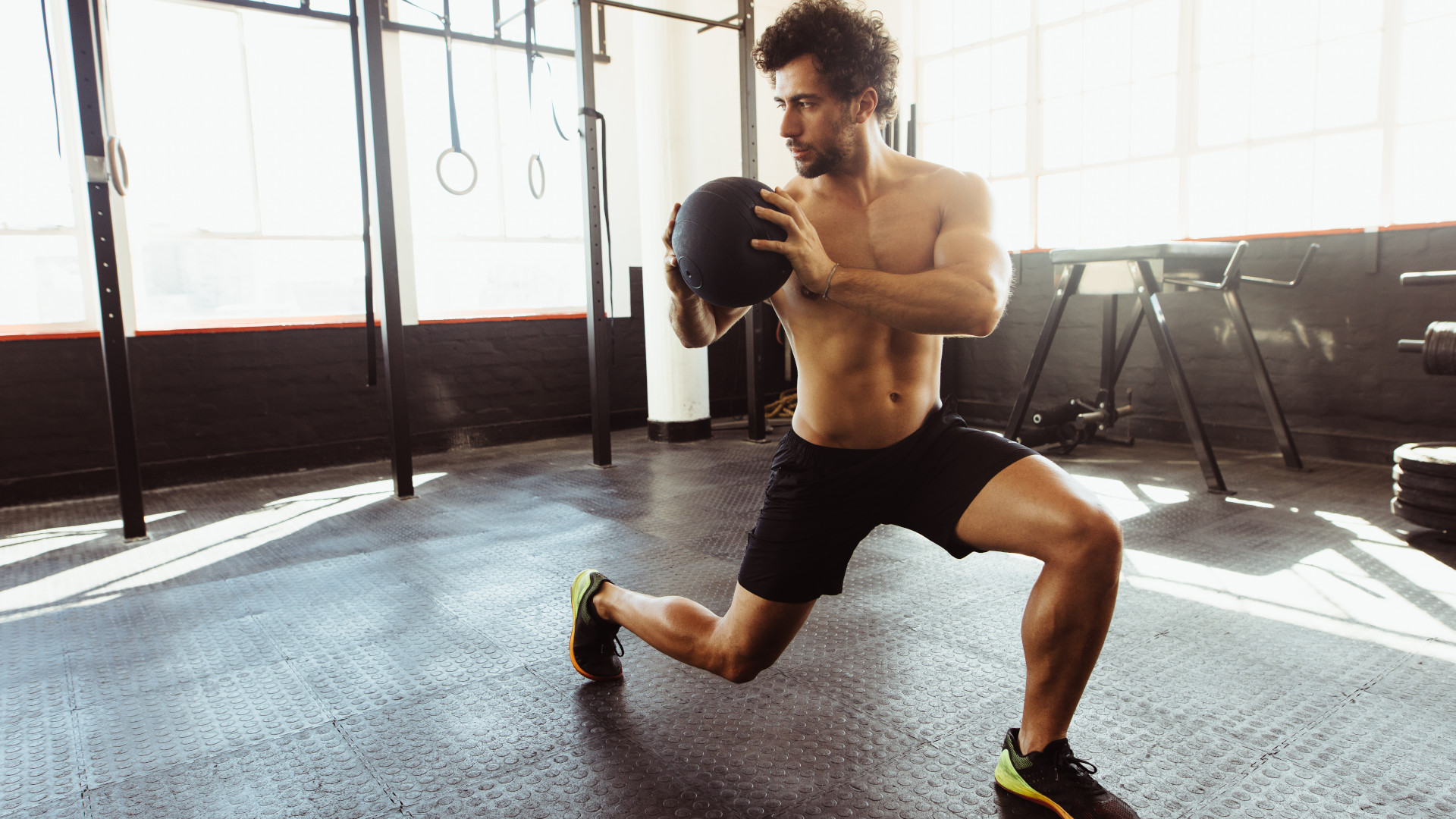
It’s a common misconception that to target our core muscles the best exercises are those that require us to lie on the floor. While there are some effective moves where we may have to do this— like the deadbug or plank— there are plenty out there that don’t.
Standing exercises are often less favoured to their floor-based counterparts but, not only can they be effective at building enviable abdominals, they can also build a rock-solid core, bettering our posture, balance and boosting big lifts, like the squat or deadlift. Now, doesn't that sound pretty good?
Why are standing exercises good for your core?
“In comparison to horizontal abdominal exercises, such as crunches, where you are using the floor to support yourself, standing exercises require you to use your core muscles to keep yourself stable throughout the movement, thereby giving your midsection a good workout,” says Steve Chambers, Gym Manager and Certified Personal Trainer at Ultimate Performance.
“But, another very important reason to incorporate them is that many standing core exercises lend themselves to progressive overload in a way that is more difficult to achieve using lying crunches alone.” Progressive overload is where you gradually increase the intensity of an exercise so that you are continually challenging your muscles in order to help them grow and get stronger.
“I have trained a number of clients who have achieved a strong core and visible abdominals without having to perform a single lying crunch, using the exact exercises I’ve suggested below,” Steve adds.
Without further ado, let’s jump into them…
Farmer carries
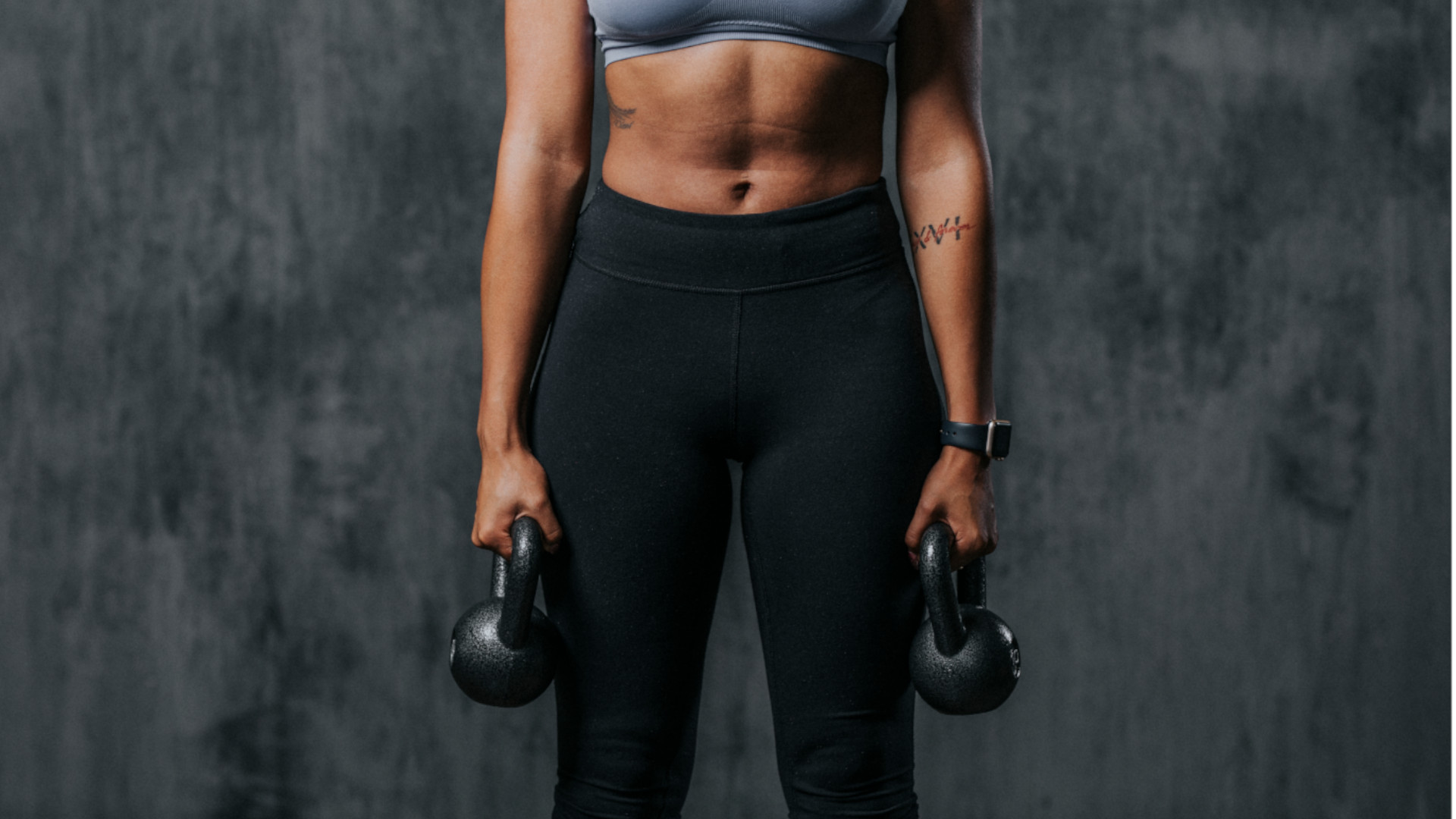
Farmer carries may be one of the most simple standing core exercises, but they’re equally one of the most effective. Guaranteed, walking a set distance while carrying a weight in each hand may not feel like you’re doing much but, trust us, your midsection muscles will be working overtime as they try and maintain an upright posture. “They really tax your cardiovascular system and help with calorie burn, so if you’re looking to torch fat and get lean they’re ideal,” says Steve. Plus, your shoulders, triceps, biceps, lats, traps, erector spinae, quads, glutes, hamstrings and calves will also be fired up.
Side bends
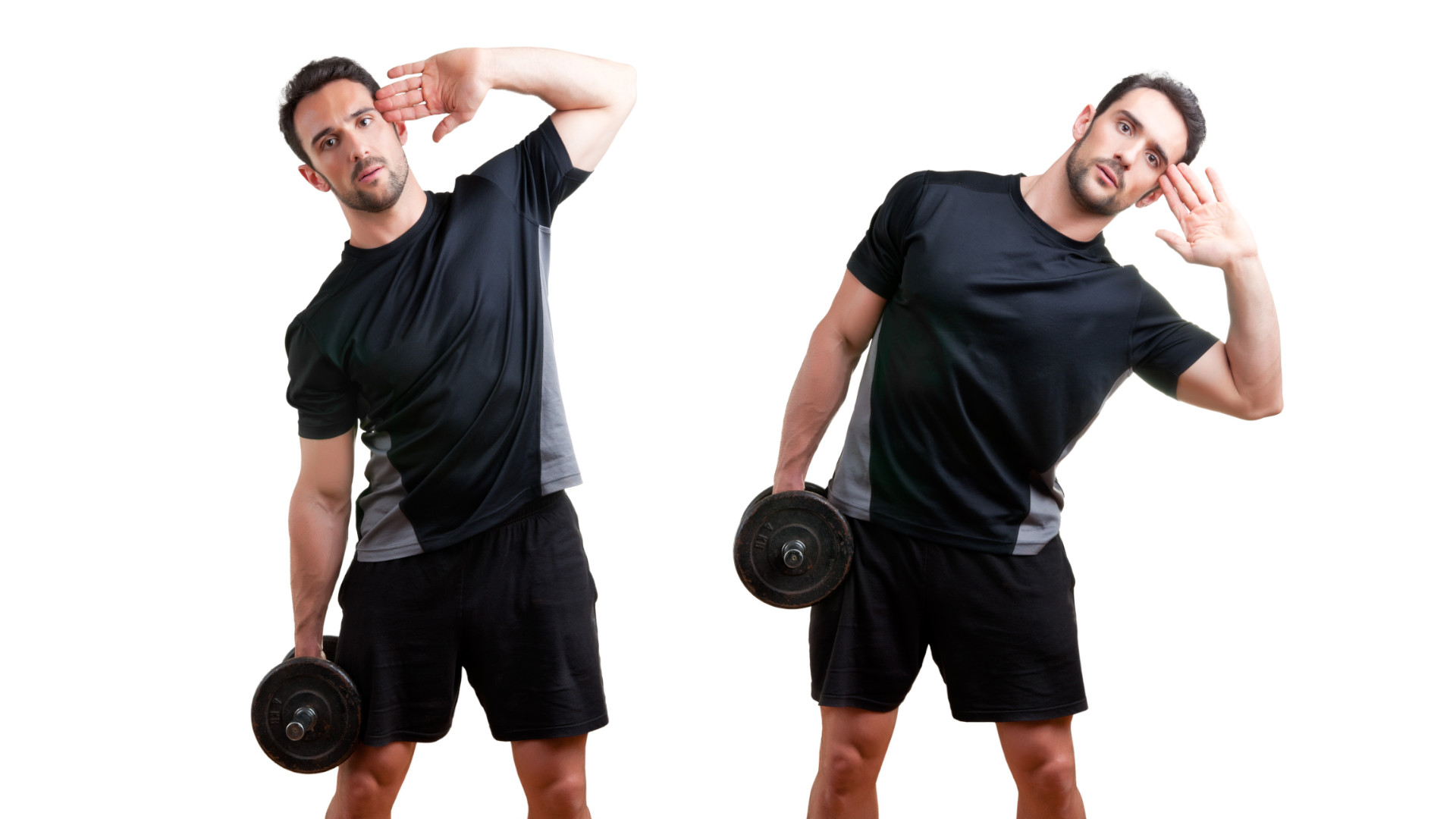
Side bends are great for firing up your obliques, the muscles that run down either side of your torso. “You can really go heavy on this exercise and they also work the rectus abdominis and the quadratus lumborum (the deep muscles of the back)," says Steve. If you don’t have access to a dumbbell or kettlebell to perform them, you can always reach for household items, like a heavy water bottle or even a rucksack filled up.
Squats
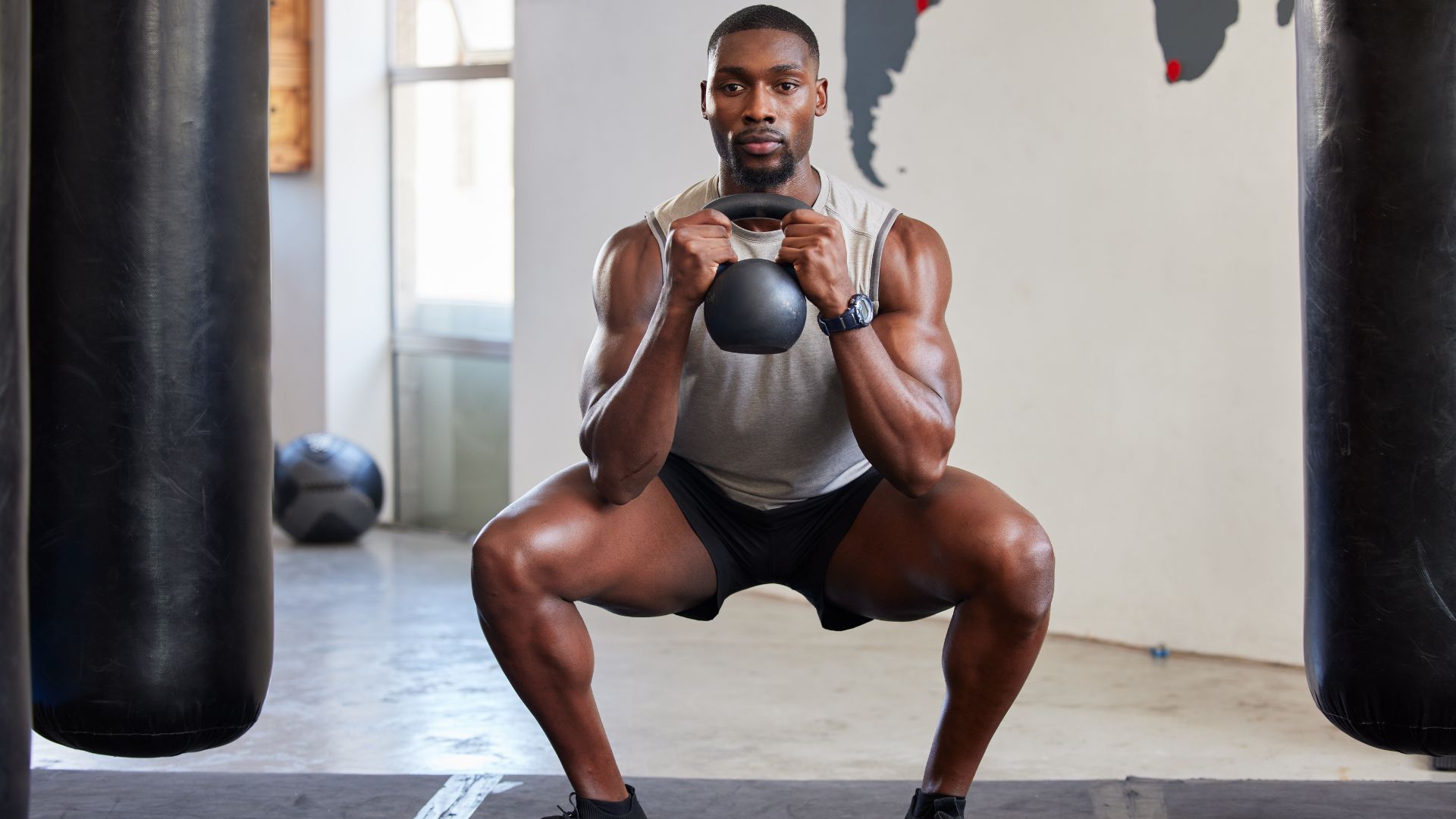
You may assume squats are only for building a bigger booty or massive quads, but this multi-joint movement is testing to your core too. “This is because in order to keep yourself upright and balanced during the movement, you need to engage your core to counterbalance the load,” explains Steve. To activate your abs more whilst squatting Steve advises to really focus on bracing your core by taking a deep breath in, then focusing on pushing your abs out during the movement.
Dumbbell standing shoulder press
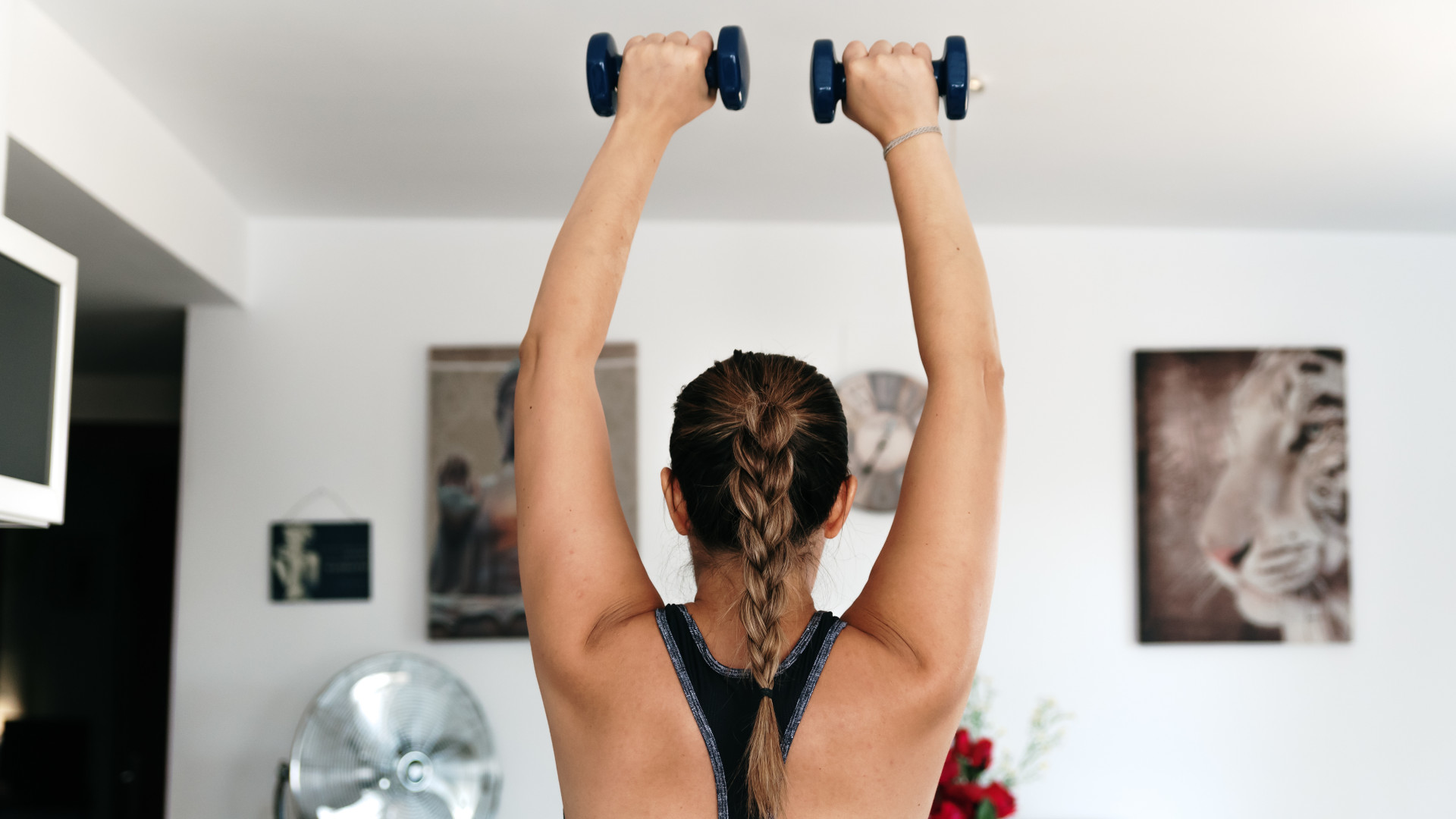
Again, not an exercise most people would associate with their midsection, as it does primarily works the shoulders, but your core plays a massive role in the move too. “Your abdominal muscles play an integral part in stabilizing your body, and your core, as you drive the load over your head,” explains Steve. Keep your core braced and tight throughout and you’ll 100% feel the burn.
High-knees
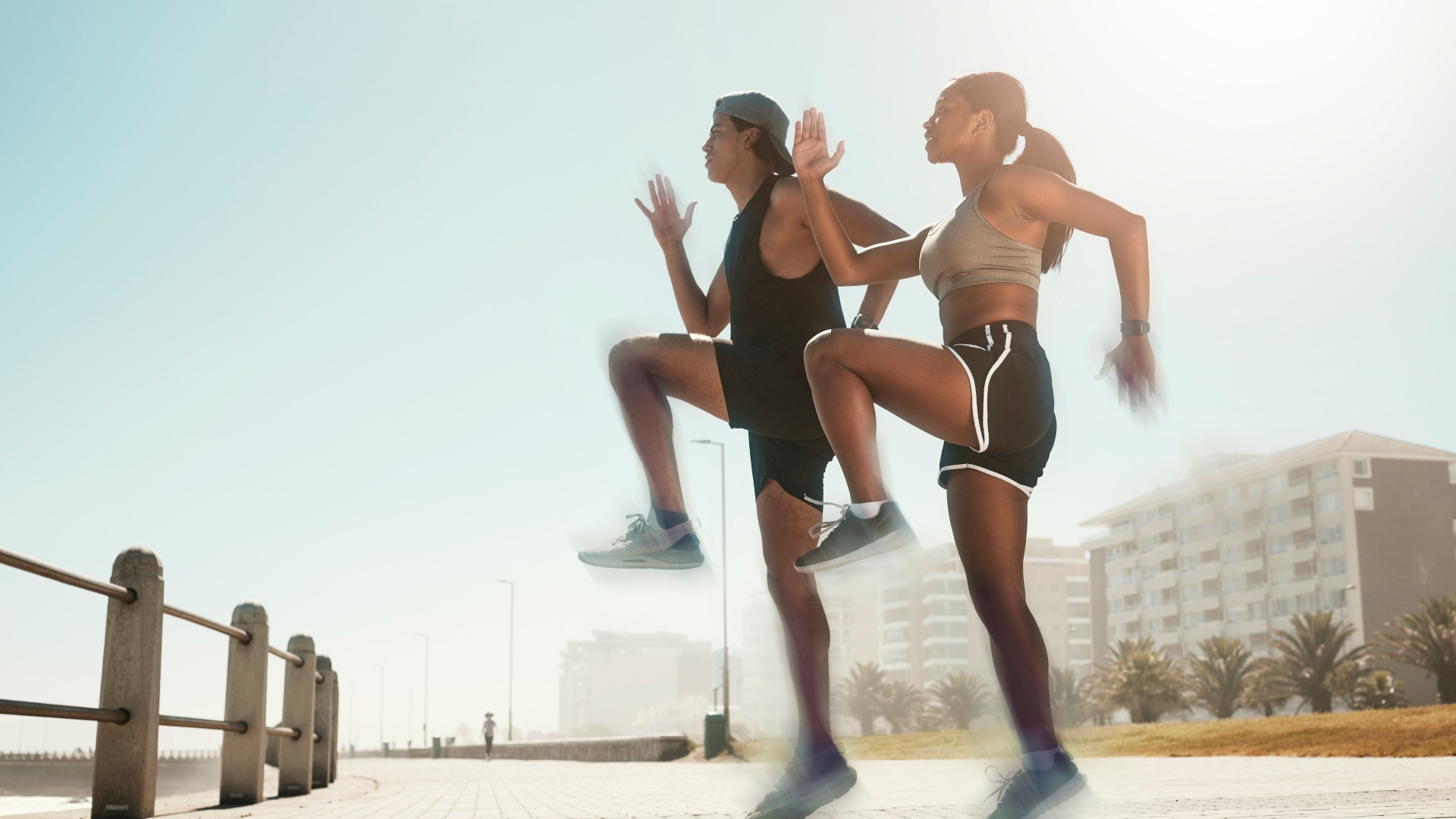
High-knees aren’t just for HIIT, but for strengthening your core. However, if you want them to be effective, Steve says the key is to make sure they’re challenging enough. “Six-eight reps per leg isn’t going to be particularly effective, as it will be too easy,” he says. “Instead, try performing them for 60 seconds straight and aim to complete as many reps as possible.Rest for one minute, then perform two to three more times."
Deadlift
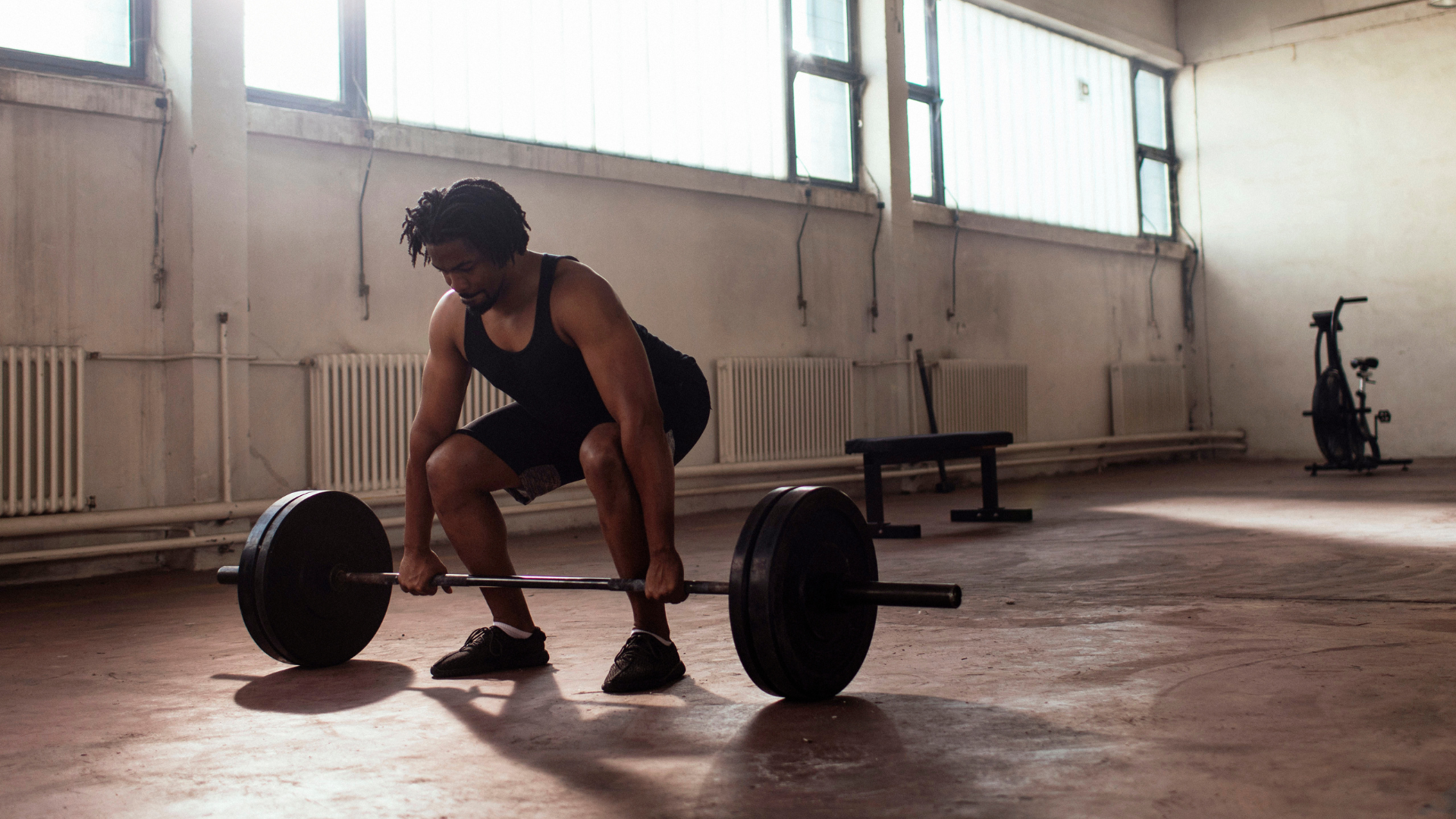
Anyone looking to build a rock-solid core should make the deadlift a staple part of their programme says Steve. Despite being a compound exercise that hits multiple muscles in the upper and lower body, it's your core muscles (the rectus abdominis, transverse abdominis, obliques and erector spinae muscles) that help to stabilise the spine the moment the barbell leaves the floor.
Woodchops
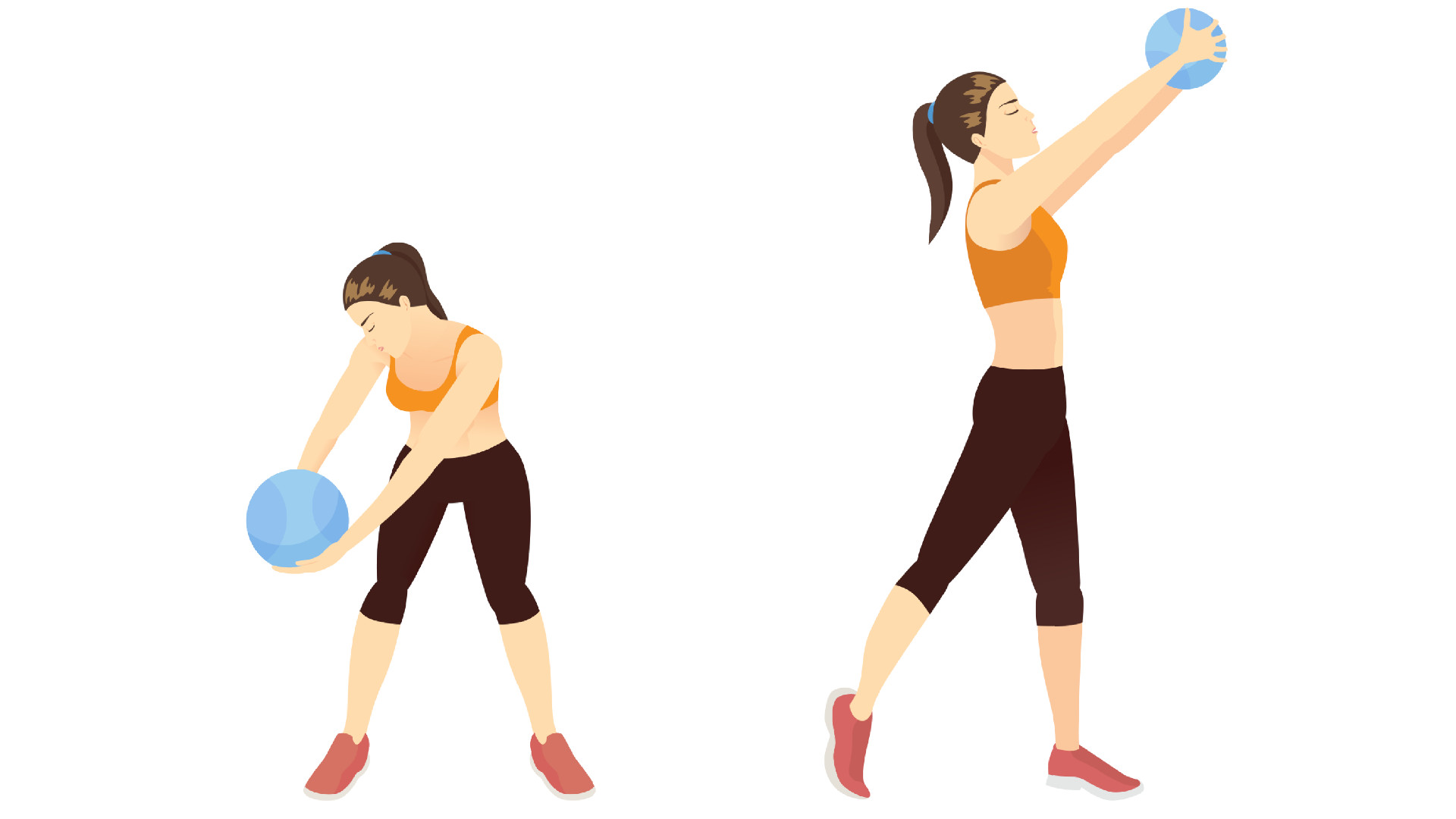
The woodchop won’t just obliterate your obliques, but your shoulders too. “Because you are twisting your torso during the movement, you are really engaging your obliques in a way that sit-ups and planks cannot do,” says Steve. Don’t be surprised if you need to opt for a light resistance band or weight for these, they’ll challenge your balance a lot more than you think!
Looking for some standing exercises to integrate into your core workouts? Check out this personal trainer's favourite standing kettlebell exercises that you can do at-home or the gym. Alternatively, if you need a workout that you can jump straight into, give this three-move standing session a go!







